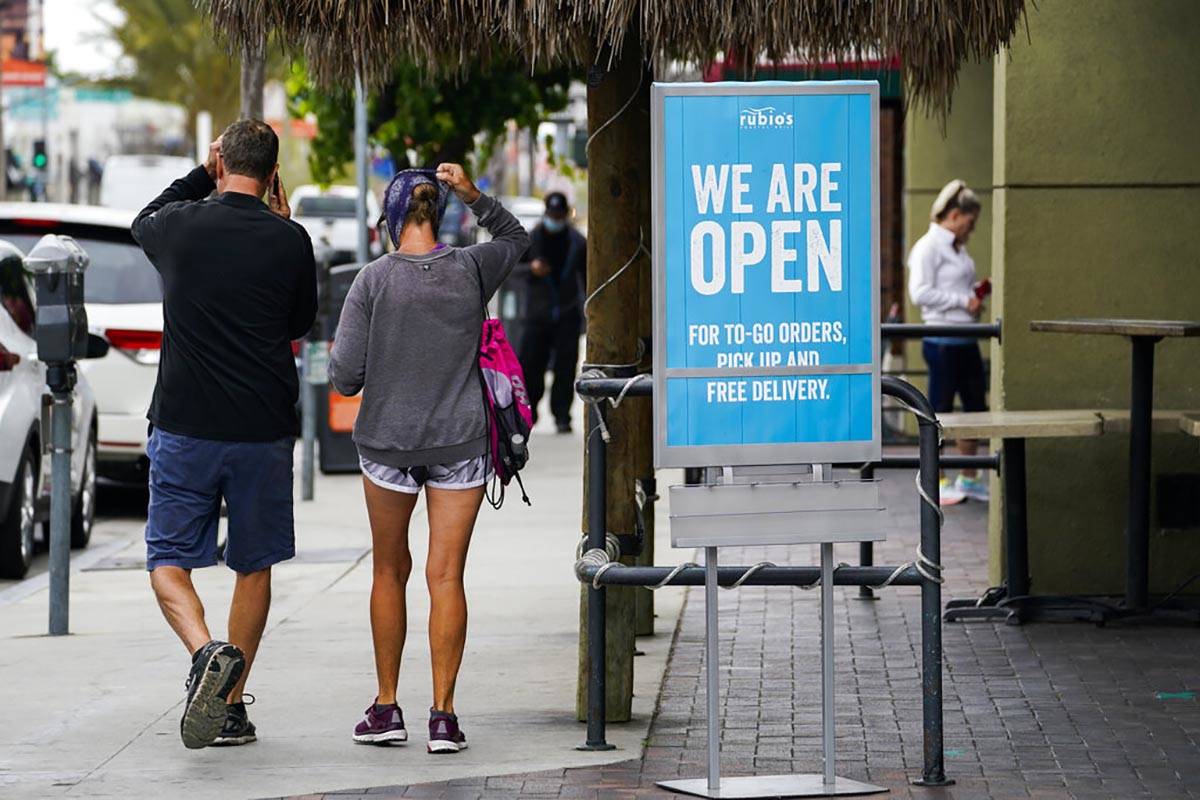VICTOR JOECKS: Why science can’t determine when to reopen
Proponents of extended lockdowns frequently wield “science” as a trump card to justify their actions. The problem is that science and scientists can’t tell you when it’s time to reopen.
“It’s hard to believe this has to be said, but if I’m elected president, I will always lead the way with science,” presumed Democratic presidential nominee Joe Biden tweeted in March. “I will listen to the experts and heed their advice.”
“Science, not politics, must be the guide” to reopening, California Gov. Gavin Newsom said in April. “I don’t want to make a political decision. That puts people’s lives at risk.”
“As states rush to reopen, scientists fear a coronavirus comeback,” a headline in The New York Times blared earlier this month. The subhead warned ominously, “The costs may be measured in lost lives.”
Citing science is useful politically. It brings an aura of authority — and plausible deniability — to tough policy decisions. But it’s not enough when it comes to determining an appropriate response to the coronavirus.
Most obviously, science and many scientists keep getting things wrong.
“Preliminary investigations conducted by the Chinese authorities have found no clear evidence of human-to-human transmission of the novel coronavirus,” the World Health Organization tweeted in January. In February, the WHO also condemned travel bans as a way to slow the global spread of the virus.
The coronavirus is “not a major threat for the people of the United States,” Dr. Anthony Fauci said in January.
“What the World Health Organization and the CDC has reaffirmed in the last few days is that they do not recommend the general public wear masks,” Surgeon General Jerome Adams said in March.
What a difference a few months makes. If you had trusted the “science,” you would have been wrong.
Another problem with politicians trying to cloak their coronavirus decisions in the veil of scientific authority is that scientists frequently and constantly disagree.
The infamous Imperial College model, produced by a team led by Neil Ferguson, showed that the coronavirus could kill 2.2 million people. Two months later, other data experts have since raised serious questions about the model. Reportedly, this model spurred the Trump administration into recommending more stringent lockdowns.
The model is a “buggy mess that looks more like a bowl of angel hair pasta than a finely tuned piece of programming,” David Richards, co-founder of a British data technology company, told The Telegraph.
Researchers from the University of Edinburgh panned it as well, finding “identical runs” produced dramatically different results. Oops. Trusting the “science” may have resulted in the most financially costly mistake in human history.
Scientists have disagreed over how widespread the virus is as well. “Scientists feud over hyped Stanford coronavirus antibody study,” a Salon headline read.
Even if the coronavirus science was settled — which it’s not — it couldn’t be the sole factor on which to base policy decisions. At its best, science provides accurate information. It can’t make value judgments or weigh competing priorities. For instance, CDC estimates that the seasonal flu kills tens of thousands of people each year on average. Undoubtedly, widespread lockdowns would prevent some flu deaths.
That’s important information. But individuals and elected officials are the ones who have to balance that consideration with other factors such as freedom, the economic ramifications and ensuring children get educated.
Politicians who hide behind “science” when justifying their coronavirus response aren’t being thoughtful and rational. They’re trying to avoid accountability for the hard decisions they were elected to make.
Contact Victor Joecks at vjoecks@reviewjournal.com or 702-383-4698. Follow @victorjoecks on Twitter.











































